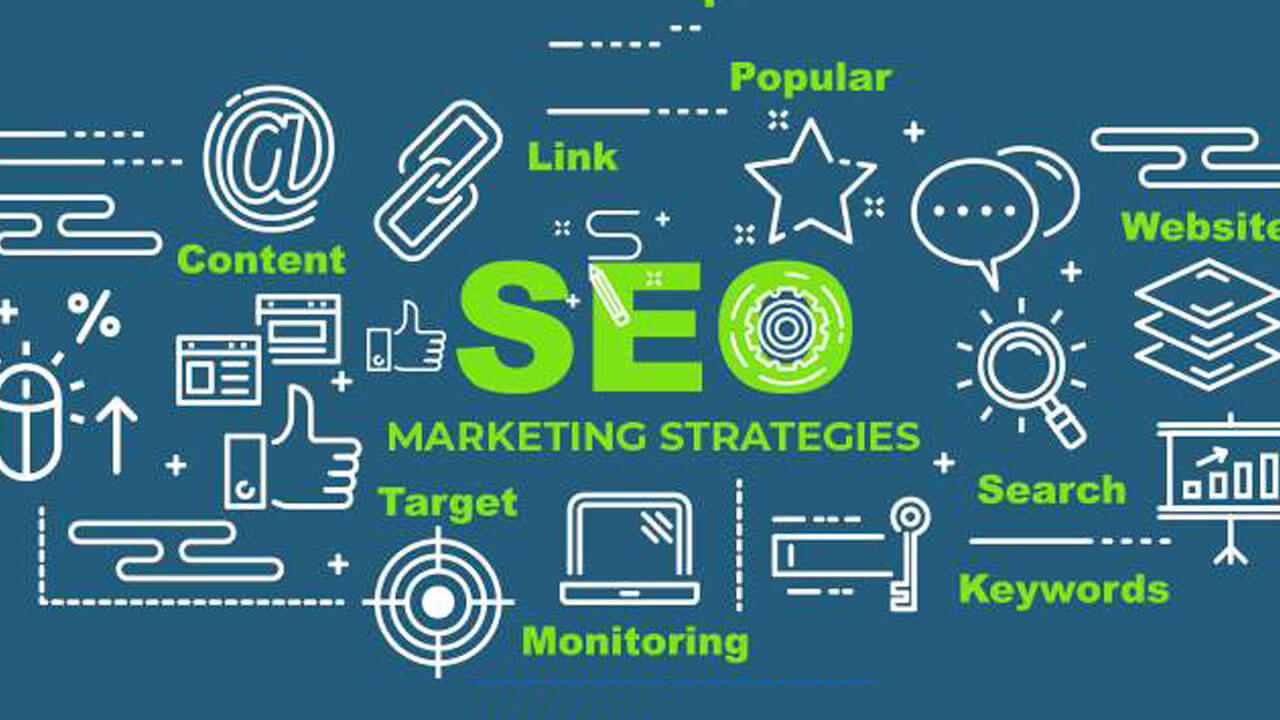Are you struggling to get your WordPress website noticed by search engines? Do you feel like you’re lost in the sea of other websites, never to be found by your target audience? Fear not, because with a few simple SEO tactics, you can rank higher in search engine results pages (SERPs) and increase your visibility online. In this ultimate guide to WordPress SEO, we’ll cover everything you need to know to optimize your website and improve your search engine rankings.
Understanding SEO and Its Importance

Before we dive into the nitty-gritty of WordPress SEO, it’s important to understand what SEO is and why it’s important. Search engine optimization (SEO) refers to the process of improving the quality and quantity of traffic to your website from search engines like Google, Bing, and Yahoo. SEO helps search engines understand what your website is about, and if done correctly, can help you rank higher in SERPs.
Keyword Research and Optimization
One of the most important aspects of SEO is keyword research and optimization. Keywords are the words and phrases that people type into search engines when looking for something online. By researching and optimizing for the right keywords, you can attract more qualified traffic to your website.
To start your keyword research, use tools like Google Keyword Planner, SEMrush, or Ahrefs to find keywords related to your business or industry. Once you have a list of keywords, incorporate them naturally into your website’s content, including page titles, meta descriptions, and headers.
Content Creation and Optimization
Content is king when it comes to SEO. The quality and relevance of your website’s content can have a significant impact on your search engine rankings. To create content that resonates with your audience and improves your rankings, follow these tips:
- Write high-quality, informative, and engaging content that provides value to your audience
- Use subheadings, bullet points, and other formatting techniques to make your content easy to read and scan
- Incorporate relevant keywords into your content naturally
- Regularly update your website with fresh, relevant content
On-Page SEO
On-page SEO refers to the optimization of individual web pages on your website to improve their search engine rankings. Some of the most important on-page SEO factors include:
- Title tags and meta descriptions
- Headers and subheadings
- Image alt tags
- Internal linking
- Page load speed
- Mobile-friendliness
Make sure to optimize each of your web pages for these factors to improve your search engine rankings. Also, you can visit here to know more about SEO.
Off-Page SEO
Off-page SEO refers to the optimization of external factors that impact your website’s search engine rankings. Some of the most important off-page SEO factors include:
- Backlinks from high-quality, relevant websites
- Social media signals
- Online directories and citations
- Guest blogging and other forms of content marketing
To improve your off-page SEO, focus on building high-quality backlinks, engaging with your audience on social media, and creating valuable content that others will want to share and link to.
Technical SEO
Technical SEO refers to the optimization of the technical elements of your website that impact its search engine rankings. Some of the most important technical SEO factors include:
- Website structure and navigation
- XML sitemap
- Robots.txt file
- HTTPS and SSL
- Canonical tags
- Schema markup
Make sure to optimize your website’s technical elements to ensure that search engines can crawl and index your website effectively.
Local SEO
If you have a physical location or serve a specific geographic area, local SEO is critical to your online success. Some of the most important local SEO factors include:
Google My Business profile optimization
If you own a local business or serve a specific geographic area, local SEO is crucial to attracting potential customers. With local SEO, you can optimize your website to rank higher in local search results and increase your visibility to local customers. To improve your local SEO, follow these tips:
- Create a Google My Business profile and optimize it with accurate business information, photos, and customer reviews.
- Use local keywords in your website content, including page titles, meta descriptions, and headers.
- Include your business address and phone number on your website and ensure that they are consistent across all online directories and citations.
- Participate in local community events and sponsorships to increase your visibility and build relationships with other businesses and community members.
The Importance of Analytics and Monitoring
Monitoring your website’s SEO performance is critical to understanding what’s working and what’s not. By using tools like Google Analytics and SEMrush, you can track your website’s traffic, search engine rankings, and other important metrics. This data can help you identify areas for improvement and adjust your SEO strategy accordingly.
Common SEO Mistakes to Avoid
While SEO can be a powerful tool for improving your website’s visibility, it’s important to avoid common mistakes that can harm your rankings. Some of the most common SEO mistakes to avoid include:
- Keyword stuffing: Overusing keywords in your content in an attempt to manipulate search engine rankings can actually harm your rankings and make your content appear spammy.
- Duplicate content: Having multiple pages on your website with identical content can confuse search engines and harm your rankings.
- Broken links: Broken links can harm your website’s usability and make it difficult for search engines to crawl and index your website effectively.
- Slow page load times: Slow page load times can harm your website’s user experience and search engine rankings.
- Ignoring mobile optimization: With more and more users accessing websites on mobile devices, ignoring mobile optimization can harm your website’s search engine rankings and user experience. You can learn more About SEO here.
Optimizing your WordPress website for search engines is crucial to increasing your visibility and attracting potential customers. By following the tips outlined in this ultimate guide to WordPress SEO, you can improve your website’s search engine rankings and attract more qualified traffic to your website. Remember to monitor your SEO performance regularly and avoid





